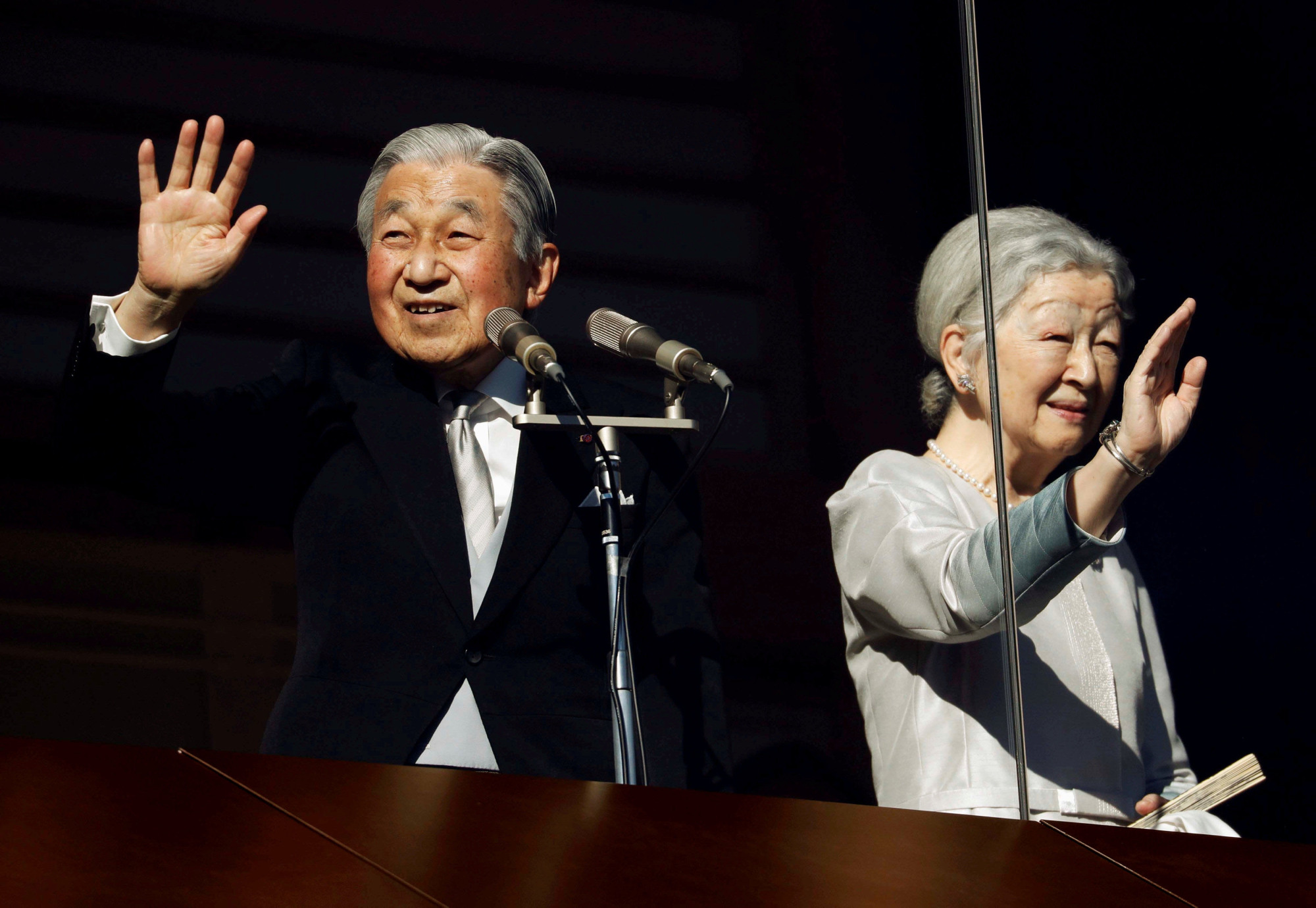Anyone following Japanese politics in national newspapers over the past 30 years of the Heisei Era (1989-2019) might be congratulated on keeping track of what often seems to the rest of the world like pretty colorless current affairs — excruciating sagas of corruption scandals, periodically enlivened by territorial disputes over islands and fierce debates over consumption tax.
But, as Jeff Kingston argues in "Japan," a concise, highly readable overview of Japan's political evolution from 1945 to the present, observed from an overarching historical perspective, there are important patterns to be seen. We are in the process, Kingston contends, of Japan's "third transformation," following its embrace of radical industrial reform after the Meiji Restoration of 1868 and then the country's reinvention of itself as a pacifist, economy-first democracy after World War II.



















With your current subscription plan you can comment on stories. However, before writing your first comment, please create a display name in the Profile section of your subscriber account page.